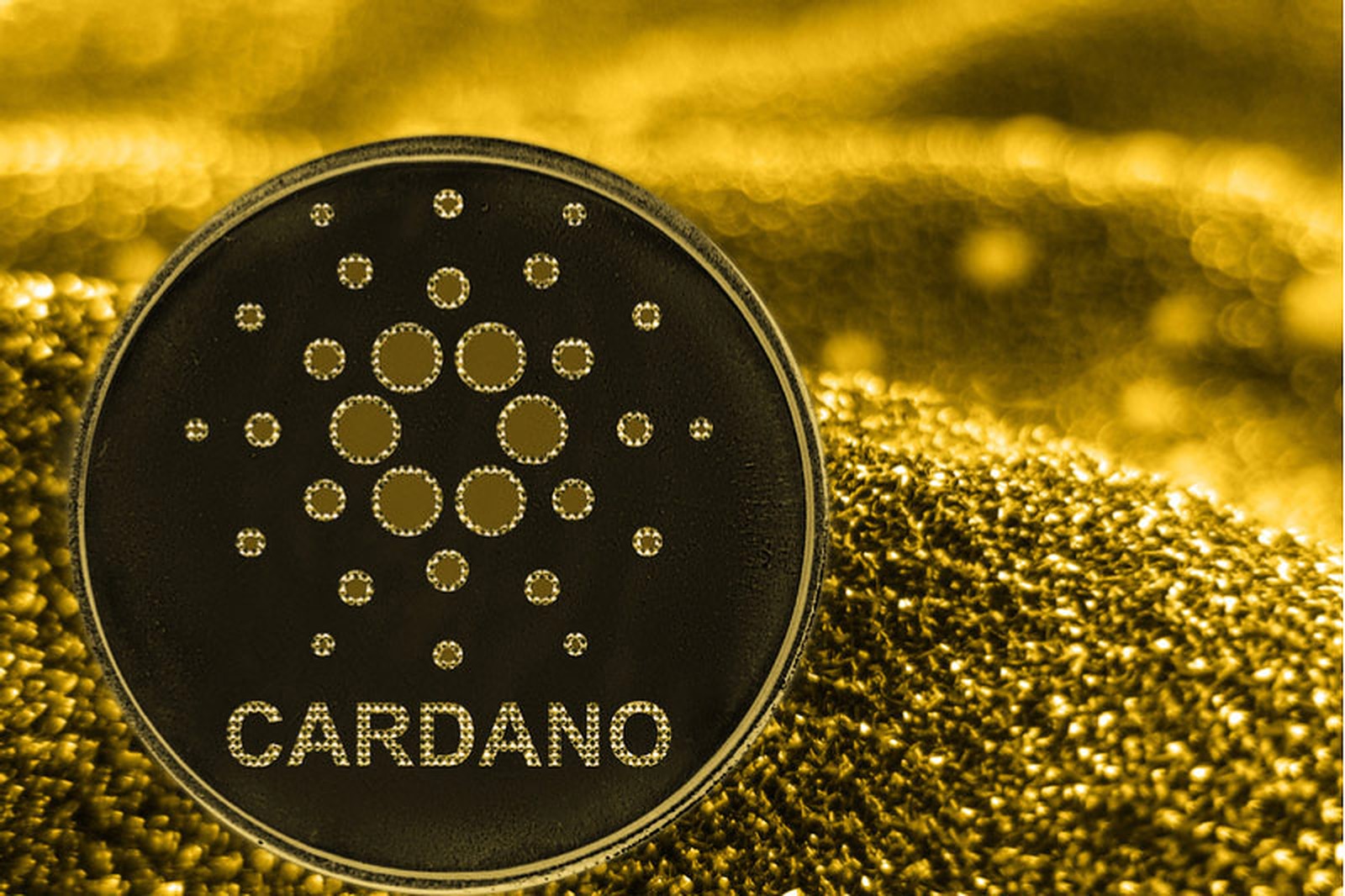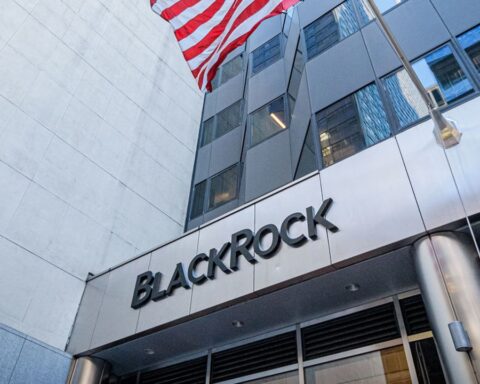Cardano, a blockchain platform known for its meticulous academic approach, has faced criticism for its slower development pace, but Cardano Foundation CEO Frederik Gregaard proudly embraces this “boring” reputation.
Speaking at the Cardano Summit in Dubai, Gregaard defended the platform’s deliberate progress, emphasizing its commitment to academic rigor.
Gregaard highlighted the years spent on research and implementation, with some of Cardano’s core principles now adopted by faster-moving blockchain platforms.
He expressed pride in contributing to the creation of more resilient and adaptable blockchains, stating that this is beneficial for the environment and humanity as a whole.
Gregaard also noted the importance of this trend in the context of increasing artificial intelligence adoption, which requires computable data.
Despite its deliberate approach, Cardano has achieved significant milestones, such as the introduction of Hydra, a layer-2 scalability solution, and the stake-based multisignature protocol Mithril.
These updates have driven network growth, with Cardano’s total value locked (TVL) increasing by 198% year-to-date, elevating it from 34th to 15th place among all networks.
As Cardano prepares for the Voltaire era, focusing on decentralized governance, Gregaard acknowledged the project’s ambitious aspirations in this regard. He emphasized the importance of learning from other networks, like MakerDAO, to capture Cardano’s vision and culture.
Gregaard announced that Cardano will host workshops in the coming year to allow the community to verify, validate, and contribute to a constitutional document, aligning with Cardano Improvement Proposal 1694 (CIP-1694).
READ MORE:Bitcoin Faces Volatility as Open Interest Surges, $36,000 Remains a Key Barrier
Despite Cardano’s strong community, it has not been immune to crypto tribalism, a phenomenon causing division in the industry. Gregaard viewed this tribalism as a strength, emphasizing the need for a large community in public, permissionless blockchains.
He cited the addition of over 200,000 new noncustodial wallets during a bear market as evidence of their community growth.
The CEO also noted that many of the most significant developments in blockchain occurred in second and third-generation projects led by well-known figures.
He highlighted Ethereum co-founders Charles Hoskinson and Gavin Wood’s ventures into Cardano and Polkadot, respectively.
Gregaard highlighted Cardano Foundation’s nonprofit status and its independence from founders as a means to navigate the emotional and political aspects of tribalism.
Looking ahead, Cardano will continue its path towards becoming a stable network through hard forks and the enactment of CIP-1694.
Gregaard expects nation-states to adopt Cardano for various applications, from financial markets to international trade and voting, alongside the growth of the network’s application landscape.
Discover the Crypto Intelligence Blockchain Council




